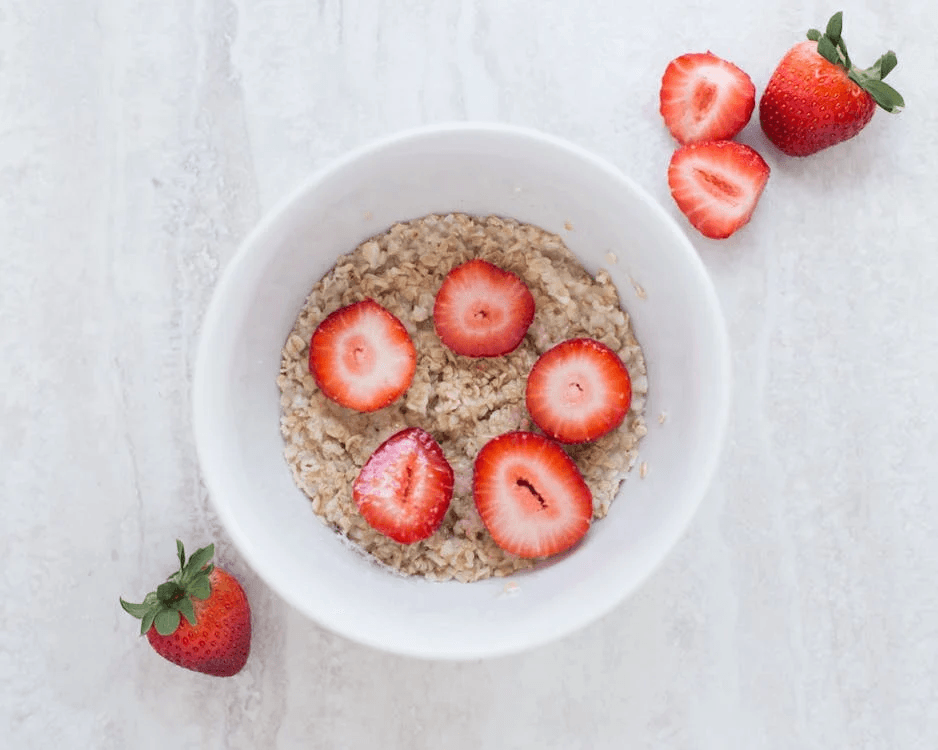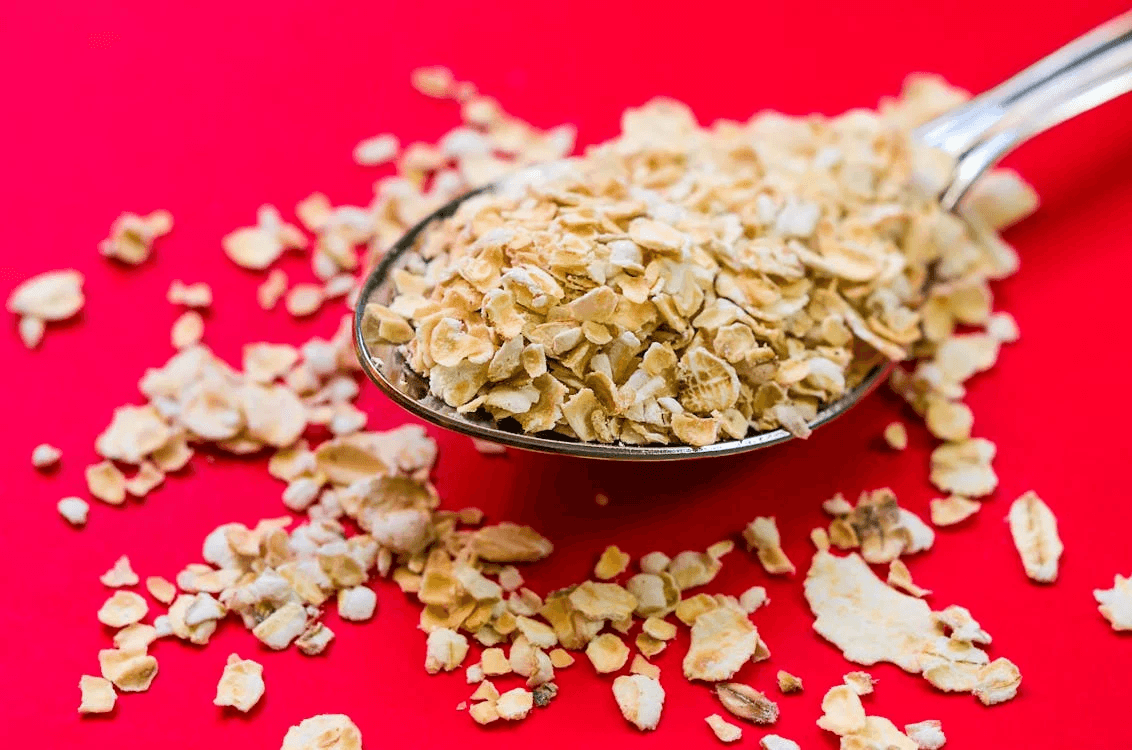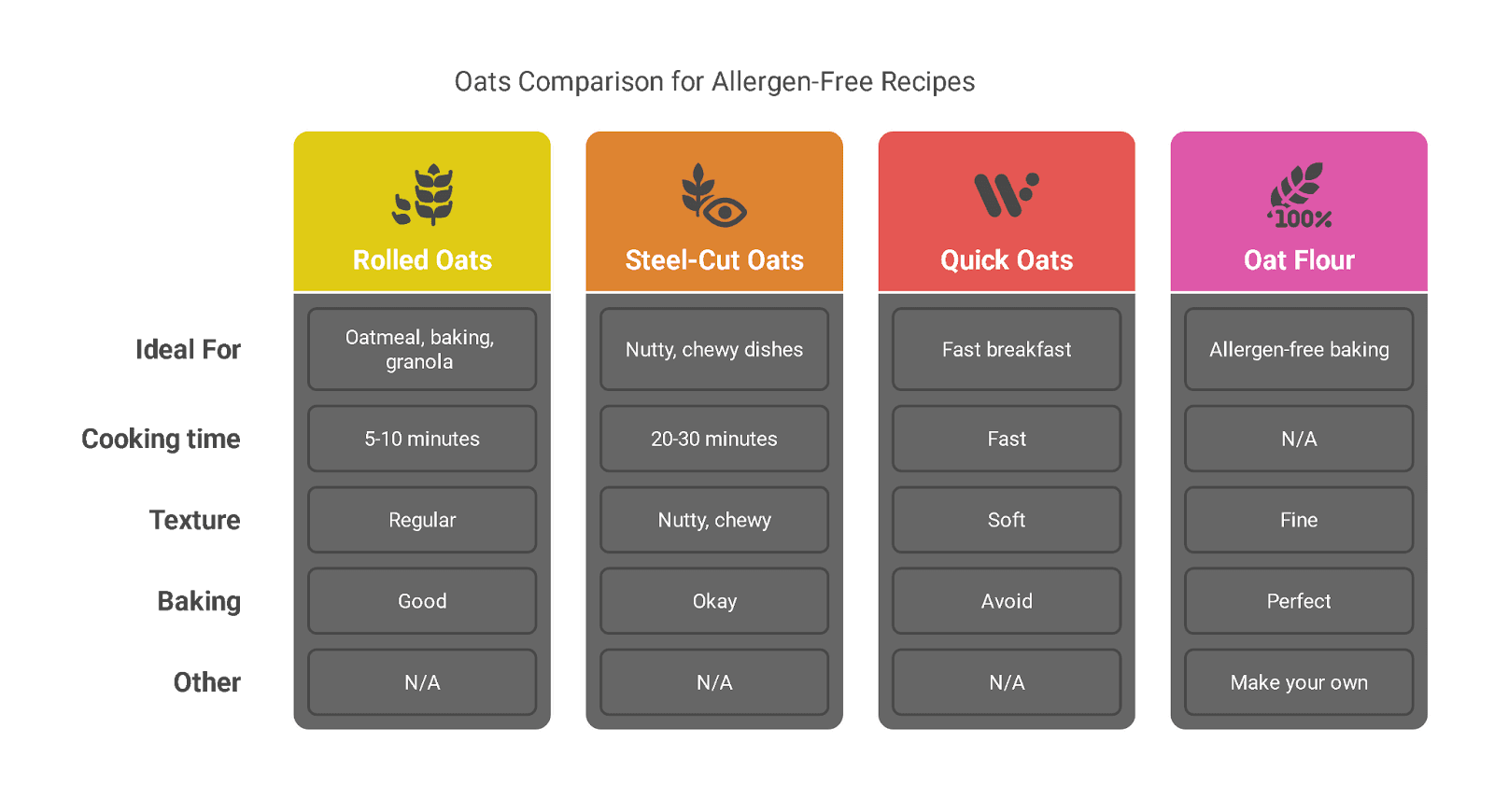Conclusiones clave
- Sí, la avena naturalmente no contiene gluten, pero elija avena certificada sin gluten para evitar la contaminación cruzada.
- La avena es rica en nutrientes y naturalmente no contiene lácteos ni soja.
- Elige el tipo adecuado para tus recetas: laminado, cortado en acero, rápido o de harina.
- Sustituya la avena con quinua, chía o trigo sarraceno para variar o si tiene alergias adicionales.
- Almacene la avena adecuadamente para mantener la frescura y evitar riesgos de alérgenos.
Introducción: Por qué es importante vivir sin alérgenos
Para millones de personas en todo el mundo, llevar un estilo de vida sin gluten, lácteos ni soja no es solo una tendencia de bienestar, sino una necesidad. Ya sea para controlar la enfermedad celíaca, las intolerancias alimentarias o simplemente seguir una dieta sana, elegir los ingredientes adecuados puede marcar la diferencia en tu salud y bienestar. Una dieta sin gluten, lácteos ni soja puede contribuir a:
- Inflamación reducida
- Digestión mejorada
- Mejor energía y estado de ánimo
-
Piel más clara
Esta guía explora un ingrediente aparentemente simple que plantea muchas preguntas: la avena. ¿Es libre de gluten? ¿Es segura para comidas sin alérgenos? Descubramos los datos y consejos prácticos para tu camino hacia el bienestar.
¿La avena es naturalmente libre de gluten?
Sí, la avena es naturalmente libre de gluten. Sin embargo, hay una salvedad importante: la mayoría de la avena se procesa en instalaciones que también procesan trigo, cebada y centeno. Esta contaminación cruzada la hace insegura para personas con enfermedad celíaca o sensibilidad severa al gluten.
Riesgos de contaminación cruzada
- La avena puede absorber trazas de gluten durante la cosecha, el procesamiento o el envasado.
- Busque avena etiquetada como “Certificado sin gluten” para garantizar la seguridad.
Certificaciones sin gluten
Las marcas que llevan la etiqueta "Certificado Sin Gluten" se someten a rigurosas pruebas e inspecciones en sus instalaciones para prevenir la contaminación. Algunas marcas certificadas de confianza incluyen:
- Bob's Red Mill (busque su etiqueta GF)
- Cosecha GF
- Alimentos orgánicos de un grado
Aspectos nutricionales destacados de la avena
La avena es uno de los cereales integrales más nutritivos y proporciona una gran cantidad de beneficios que respaldan una alimentación limpia y una dieta antiinflamatoria.
Desglose nutricional (por 1/2 taza de avena seca):
- Calorías: ~150 kcal
- Proteína: 5 g
- Carbohidratos: 27 g (con 4 g de fibra)
- Grasas: 2,5 g (mayoritariamente insaturadas)
- Hierro: ~10% VD
- Magnesio, zinc y vitaminas B
Beneficios para la salud
- Salud del corazón: Rico en betaglucano, una fibra soluble conocida por reducir el colesterol.
- Control de azúcar en sangre: índice glucémico bajo.
- Saciedad: te mantiene saciado por más tiempo, ayudando a controlar el peso.
- Apoyo digestivo: promueve la regularidad con fibra prebiótica.
¿La avena también está libre de lácteos y soja?
¡Claro que sí! La avena no contiene lácteos ni soja, lo que la convierte en un alimento básico en comidas sin alérgenos. Sin embargo, al igual que con el gluten, es posible la contaminación cruzada en algunas marcas o productos de avena saborizados.
Consejo profesional:
Lea siempre las etiquetas de los productos de avena envasados, como la granola, la avena instantánea o las barras de avena. Estos pueden contener leche en polvo o lecitina de soja.
Los mejores tipos de avena para recetas sin alérgenos
Al cocinar u hornear para un estilo de vida sin gluten, sin lácteos y sin soja, el tipo de avena que elija es importante.
1. Avena arrollada
- Ideal para avena, productos horneados, granola.
- Se tarda entre 5 y 10 minutos en cocinar.
2. Avena cortada en acero
- Textura masticable y con sabor a nuez.
- Tiempo de cocción más largo (20-30 minutos).
3. Avena rápida
- Ideal para un desayuno rápido.
- Textura más suave; evitar para hornear a menos que la receta lo requiera.
4. Harina de avena
- Perfecto para hornear sin alérgenos.
- Haz el tuyo mezclando avena sin gluten certificada.
Consejo para una alimentación limpia:
Utilice avena orgánica certificada sin gluten para evitar residuos de pesticidas y alérgenos.
Sustituciones de avena en recetas sin alérgenos
No todo el mundo tolera la avena, ni siquiera la certificada sin gluten. Aquí tienes algunas alternativas limpias y antiinflamatorias:
- Copos de quinoa: ricos en proteínas y de cocción rápida.
- Pudín de chía: rico en nutrientes y fácil de preparar.
- Granos de trigo sarraceno: a pesar del nombre, el trigo sarraceno no contiene gluten.
- Copos de coco: una alternativa a la granola sin cereales.
- Cereal de arroz o copos de arroz: suaves y seguros para las alergias.
Cómo almacenar la avena correctamente
Un almacenamiento adecuado garantiza que su avena libre de alérgenos se mantenga fresca y segura.
Consejos de almacenamiento:
- Lugar fresco y seco: Conservar en recipientes herméticos para evitar la humedad.
- Consumir preferentemente antes de la fecha de caducidad: La avena puede volverse rancia con el tiempo debido a las grasas naturales.
- Bolsas para congelador con etiqueta: congele la avena para uso a largo plazo y etiquétela con la fecha.
Deliciosas formas de usar avena sin gluten, sin lácteos y sin soja
A continuación, se presentan ideas para que toda la familia incorpore la avena a su dieta libre de alérgenos:
Desayuno:
- Avena nocturna con leche de coco, bayas y semillas de chía.
- Avena cortada en acero tibia cubierta con rodajas de plátano y mantequilla de almendras.
Snacks:
- Bocados energéticos de avena sin horno con dátiles y mantequilla de semillas de girasol.
- Granola casera con aceite de coco, jarabe de arce y canela.
Productos horneados:
- Pan de plátano con harina de avena.
- Galletas de avena sin gluten con pasas y canela.
Sabroso:
- Utilice avena como aglutinante en hamburguesas de lentejas o vegetarianas.
Preguntas frecuentes: ¿La avena no contiene gluten?
1. ¿La avena es segura para las personas con enfermedad celíaca?
Sí, pero sólo si están etiquetados como libres de gluten.
Si bien la avena es naturalmente libre de gluten, a menudo se procesa en instalaciones que también procesan trigo, cebada o centeno. Esto provoca contaminación cruzada, lo que representa un grave riesgo para las personas con enfermedad celíaca o sensibilidad severa al gluten. La avena certificada sin gluten se cultiva, cosecha y procesa en entornos controlados para evitar la contaminación. Siempre verifique una etiqueta confiable de certificación sin gluten antes de consumir avena si padece enfermedad celíaca.
2. ¿Puede la avena causar una reacción alérgica?
En casos raros, sí.
Aunque la mayoría de las personas toleran bien la avena, algunas personas pueden tener una alergia específica a la avena, no relacionada con el gluten ni el trigo. Esto puede causar reacciones como erupciones cutáneas, molestias digestivas o problemas respiratorios. Los síntomas suelen ser más comunes en niños pequeños o en personas con alergias a otros cereales. Si sospecha que tiene una alergia, consulte a un profesional de la salud para que le haga pruebas antes de incluir la avena en su dieta, incluso si no contiene gluten.
3. ¿Puedo hacer leche de avena en casa para una opción libre de alérgenos?
Sí, la leche de avena casera es una gran opción, solo ten cuidado.
Para garantizar que su leche de avena esté libre de alérgenos:
- Utilice avena certificada sin gluten para evitar la contaminación cruzada.
- Mezcle la avena con agua limpia (generalmente en una proporción de 1:4), luego cuele bien usando una bolsa para leche de nueces o un colador de malla fina.
- Evite cualquier espesante, edulcorante o saborizante comercial que pueda contener alérgenos.
- La leche de avena casera es una alternativa nutritiva y económica a los productos lácteos, especialmente para aquellas personas con intolerancia a la lactosa o alergia a los frutos secos.
4. ¿Cómo sé si los productos de avena son seguros?
Lea siempre atentamente las etiquetas.
Para garantizar que la avena que estás comprando esté realmente libre de gluten y sea segura: - Busque etiquetas certificadas sin gluten (como GFCO, NSF o CSA).
- Evite los productos de avena instantáneos, saborizados o envasados, a menos que indiquen claramente que no contienen gluten.
- Revise la lista de ingredientes para detectar fuentes de gluten ocultas, como saborizante de malta o aditivos a base de trigo.
- En caso de duda, contacte con el fabricante u opte por marcas sin gluten de confianza.
5. ¿La avena es buena para las dietas antiinflamatorias?
¡Sí! La avena ofrece varios beneficios antiinflamatorios.
La avena contiene: - Beta-glucanos, un tipo de fibra soluble conocida por reducir el colesterol y mejorar la salud del corazón.
- Antioxidantes como las avenantramidas, que tienen propiedades antiinflamatorias y antipicazón.
- Una rica mezcla de fibra, proteínas y vitaminas que favorecen la salud intestinal y la función inmunológica.
Incorporar avena a una dieta equilibrada puede ayudar a controlar la inflamación, estabilizar el azúcar en sangre y promover el bienestar general. Es especialmente útil para personas con enfermedades autoinmunes o inflamación crónica, siempre que no contenga gluten si es necesario.
Al tomar decisiones informadas y priorizar ingredientes seguros y limpios, la avena puede ser una parte nutritiva de tu transición a una dieta sin gluten, sin lácteos y sin soya. ¡Cuídate y explora más recetas aptas para alérgicos en staging.glutenanddairyfreerecipes.com !



